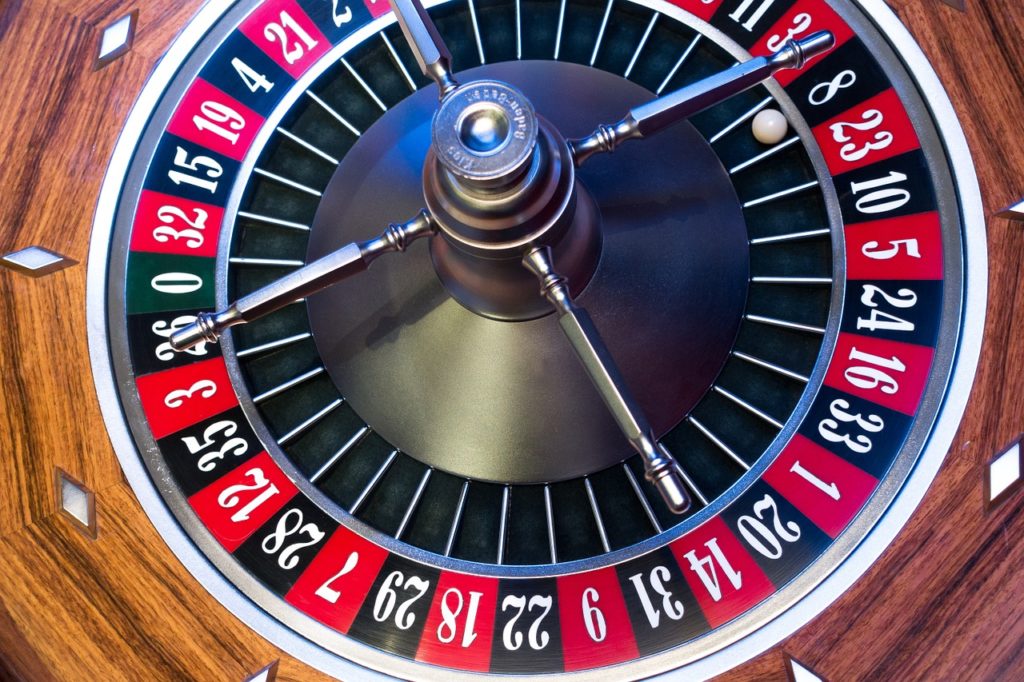
Contributor: Wilmington Treatment Center clinical content team member Hugh C. McBride
In the world of addiction recovery, few if any statements are more prevalent than “one day at a time.” Among its many purposes and interpretations, this five-word mantra is a reminder that one of the core principles of healthy recovery is to remain focused on the present.
Obsessing over one’s past failures and misdeeds is a decidedly unhealthy activity for anyone, and considering the enormity of any lifelong effort can easily overwhelm even the most dedicated individuals. Of course, healthy recovery does not require a person to completely ignore either the past or the future.
In fact, a significant part of the 12-step recovery model is dedicated to reviewing one’s behaviors, admitting wrongdoings, and making amends to those who were harmed. And every positive effort that a recovering individual makes is another small step toward a brighter future.
Addictions can inflict a variety of damage, including, but by no means limited to physical, psychological, and social harm. When a person is recovering from a gambling addiction, the damage that he or she must acknowledge and address is also very likely to include some degree of financial devastation.
For example, among the diagnostic criteria for gambling disorder are chasing losses, relying on others for money to relieve desperate financial situations, lying to conceal the extent of one’s involvement with gambling, wagering increasingly larger amounts of money, and being incapable of stopping or reducing the amount and frequency with which one gambles. Clearly, none of these behaviors are conducive to continued financial health.
Individuals who have struggled with a gambling addiction are likely to be dealing with a range of financial problems, including credit card debt, debt to casinos, debt to family members and/or friends from whom they borrowed money, past-due state and federal taxes, and even debt to illegal sources such as loan sharks.
This page will not get into how to resolve problems with the last source on the previous list, but it will provide some direction for getting oneself out of the significant legal debt that can result from a gambling addiction.
Step 1: Stop Gambling
This may seem like an obvious piece of advice, but it needs to be said. Any attempt to get out of debt by gambling is an unhealthy and unlikely endeavor. Even for people who have not developed a gambling addiction, attempting to wager one’s way back to financial solvency is profoundly ill-advised.
When the financial risks are outweighed by the health risks, as is the case with compulsive gamblers, the idea is even worse. Heed the age-old maxim: “When you find yourself in a hole, the first step in getting out is to stop digging.”
Step 2: Get Organized
 Once you have stopped gambling, your next step should be to create a thorough and accurate financial statement. In short, write down everything you have and everything you owe. Your assets will consist of cash on hand, savings or checking accounts, investments, and property such as automobiles, houses, and the like.
Once you have stopped gambling, your next step should be to create a thorough and accurate financial statement. In short, write down everything you have and everything you owe. Your assets will consist of cash on hand, savings or checking accounts, investments, and property such as automobiles, houses, and the like.
Your debts will include both the amount of all money that you owe and the names of the people or organizations to whom you owe that money. This is not likely to be a pleasant experience, but it is essential.
Step 3: Get Help for Gambling
Getting out from under significant debt can be a complex endeavor. Do not attempt to do it all on your own. Lawyers, financial advisors, credit counselors, and other experts can be of significant help in a variety of ways, including making an accurate accounting of your financial situation, identifying your legal responsibilities, negotiating with creditors, and establishing both payment plans and a personal budget. Do your research, find a reputable resource that appears to provide the service that you need, and make an appointment.
Step 4: Make a Plan
With the help of your financial expert, make a detailed plan for paying back what you owe, and set up a personal budget that will prevent the accumulation of any additional debt.
Step 5: Follow Your Plan
Yes, this is the hard part. Depending upon the degree and type of debt that you have amassed, following your plan may require minor sacrifices or major lifestyle changes. Regardless, it is the “one step at a time” roadmap that will guide you out of financial devastation and into a debt-free future.
Step 6: Continue to Get Help for Gambling
 On their own, getting out of debt and recovering from an addiction can both be immense challenges. Together, they can verge on the overwhelming. Thus, it is important that you not try to accomplish either of these tasks on your own.
On their own, getting out of debt and recovering from an addiction can both be immense challenges. Together, they can verge on the overwhelming. Thus, it is important that you not try to accomplish either of these tasks on your own.
Make sure that you have a strong support network. Attend meetings and therapy for your addiction, and keep in touch with your financial advisor to ensure that you are on track money-wise as well.
Important reminder: In addition to being challenging, the efforts that you are undertaking are also immensely valuable, and you should be extremely proud of yourself for having the courage to do what you are doing.
The road will not always be easy, and the work will not be accomplished quickly, but with a concerted effort and effective help, you will get where you are going – one step, and one day, at a time.
About the Author:
“Dealing with Financial Debt and Loss in Gambling Recovery” was written by Wilmington Treatment Center clinical content team member Hugh C. McBride. Hugh has several years of experience researching and writing on a wide range of topics related to behavioral healthcare. He has a Bachelor of Arts degree from Grove City College.
Site Description:
Wilmington Treatment Center is a residential treatment program that provides a full continuum of care to adult men and women who have been struggling with substance abuse, chemical dependency, and certain co-occurring disorders. Located in Wilmington, N.C., the center features evidence-based treatment, state of the art detoxification protocols, and a locally developed multidisciplinary approach that is tailored to allow the staff to meet each patient wherever he or she is on the pathway of recovery. Since the day the program accepted its first patient in 1984, Wilmington Treatment Center has been dedicated to providing personalized care that incorporates the 12-step philosophy and principles, relapse prevention education, and a strong family component.
The opinions and views of our guest contributors are shared to provide a broad perspective of addictions. These are not necessarily the views of Addiction Hope, but an effort to offer a discussion of various issues by different concerned individuals.
We at Addiction Hope understand that addictions result from multiple physical, emotional, environmental, and genetic factors. If you or a loved one are suffering from an addiction, please know that there is hope for you, and seek immediate professional help.
Published on February 3, 2016
Reviewed and Updated by Jacquelyn Ekern, MS, LPC on January 13, 2021
Published on AddictionHope.com
